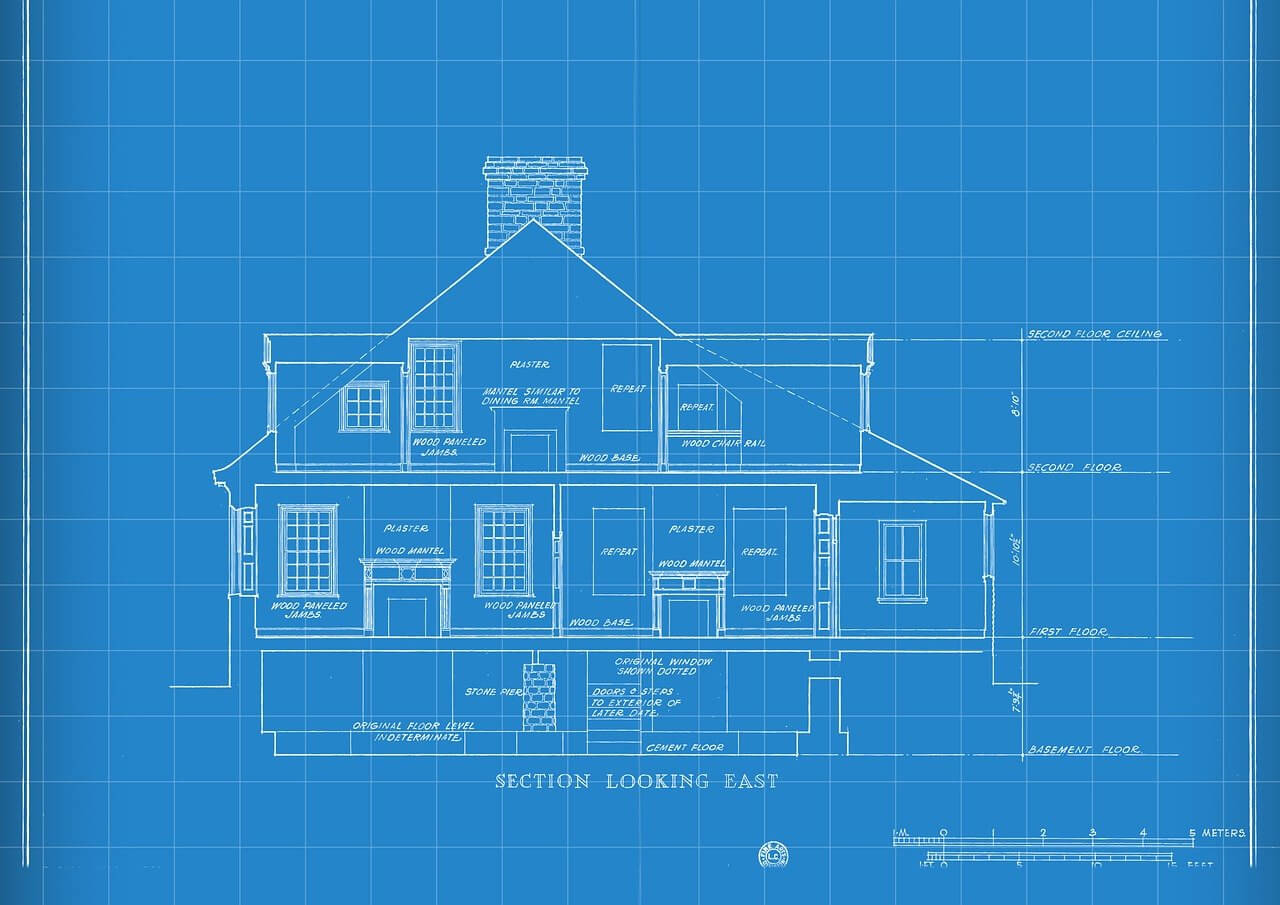问题:如何在python中将小时添加到当前时间
我可以得到如下的当前时间:
from datetime import datetime
str(datetime.now())[11:19]结果
'19:43:20'现在,我正在尝试增加9 hours上述时间,如何在Python中为当前时间增加几个小时?
回答 0
from datetime import datetime, timedelta
nine_hours_from_now = datetime.now() + timedelta(hours=9)
#datetime.datetime(2012, 12, 3, 23, 24, 31, 774118)然后使用字符串格式获取相关内容:
>>> '{:%H:%M:%S}'.format(nine_hours_from_now)
'23:24:31'如果仅格式化日期时间,则可以使用:
>>> format(nine_hours_from_now, '%H:%M:%S')
'23:24:31'或者,正如@eumiro在评论中指出的那样- strftime
回答 1
>>> from datetime import datetime, timedelta
>>> str(datetime.now() + timedelta(hours=9))[11:19]
'01:41:44'但是更好的方法是:
>>> (datetime.now() + timedelta(hours=9)).strftime('%H:%M:%S')
'01:42:05'您可以通过引用strptime和strftime行为来更好地了解python如何处理日期和时间字段
